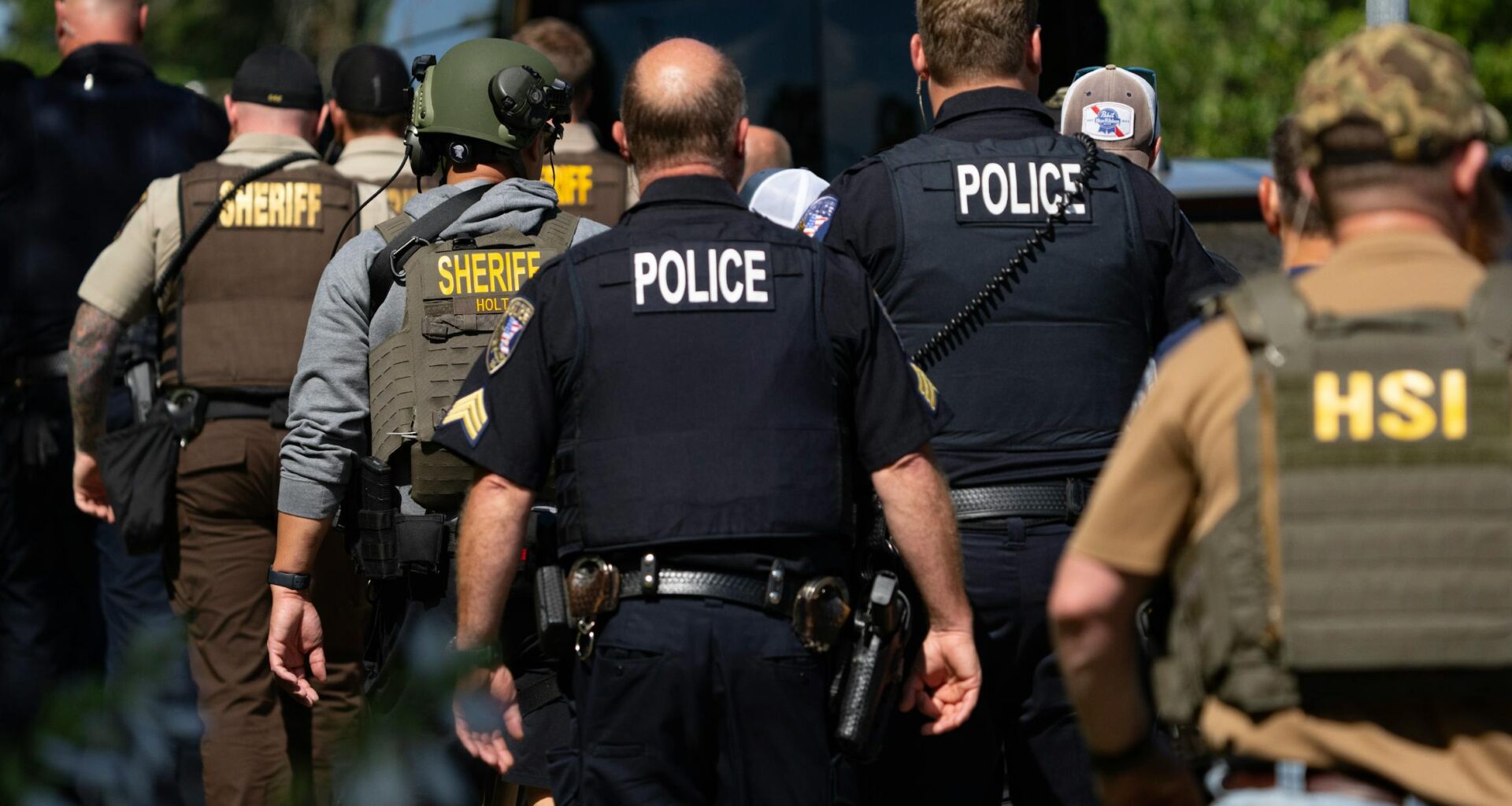Opinion editor’s note: Strib Voices publishes a mix of guest commentaries online and in print each day. To contribute, click here.
In the aftermath of Wednesday’s shooting, Minnesota is again gripped by grief. The familiar ritual followed — fundraising, news conferences, partisan entrenchment — while the underlying problems remain untouched. If we are serious about preventing future violence, we must set aside symbolism and pursue evidence-based measures that can command broad support.
Foremost among the familiar proposals is the call for another “assault weapons” ban. It is a policy heavy with symbolic resonance, but light on demonstrated efficacy. The federal Assault Weapons Ban of 1994 has been exhaustively studied. The National Institute of Justice, tasked with evaluating its impact, concluded candidly that “we cannot clearly credit the ban with any of the nation’s recent drop in gun violence.”
Any state-level reprise would encounter the same limitations. No workable proposal has been advanced to address the tens of thousands of AR-15-style rifles already lawfully owned in Minnesota. Nor would a ban have addressed the circumstances of Wednesday’s attack: The perpetrator carried not only a rifle but also a shotgun and at least one pistol. To suggest that an “assault weapons” prohibition would have prevented the tragedy is to mistake a political slogan for a serious solution. Moreover, in the wake of Supreme Court cases Heller (2008) and Bruen (2022), such measures would confront daunting constitutional obstacles.
As Minnesota criminologists Jillian Peterson and James Densley of The Violence Project observe, the more salient drivers of such violence lie in personal crisis, trauma and the contagion of prior attacks, not weapon selection.
Background checks likewise receive perennial attention. Yet in this instance, as in many others, they were entirely ineffectual. Minnesota has “universal background checks.” The Minneapolis shooter had no disqualifying record, no mental health commitments, nothing that triggered the system. They passed a check as smoothly as any lawful purchaser. Their descent into crisis, though visible to those around them, is not reflected in a database. To place confidence here is to invest in an illusion of security.
Still more corrosive is the tendency to demonize entire groups. Within hours, some voices were suggesting that transgender individuals should be barred from firearm ownership. Such a proposal is both repugnant to constitutional principles and to basic notions of human equality. The right of self-defense inheres in all individuals; to strip it away from a class of people because of their identity is indefensible.

